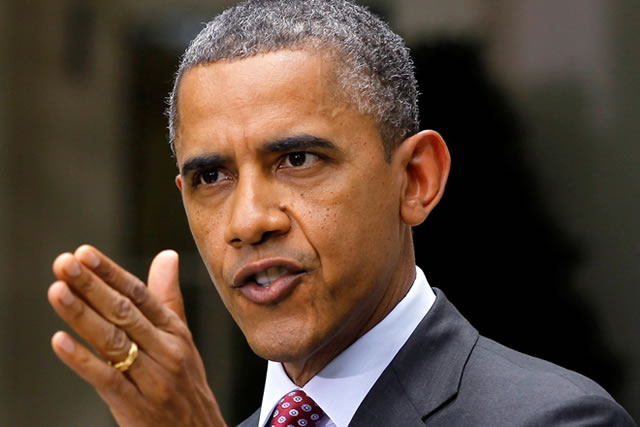Sierra Leone hunts Ebola infected

Freetown – Sierra Leone launched a door-to-door search on Wednesday for “hidden” Ebola patients as the head of the United Nations announced the world was at “a critical turning point” in the crisis.
Dozens of healthcare workers fanned out across remote parts of Port Loko district, east of the capital Freetown, after a spike in cases attributed to unsafe burials and patients being hidden from the authorities.
“Teams of health workers backed by security personnel are trekking into outlying areas and knocking on doors of houses . . . to check whether people are telling us the truth about not hiding sick people,” Morlai Dumbuya, a coordinator of the operation, said.
“So far we have not met any resistance and people are cooperating.”
The two-week operation follows a larger exercise in December, dubbed the “Western Area Surge”, when hundreds of volunteers knocked on doors across the west of Sierra Leone.
The nation of six million has seen more than 11,000 cases and 3,400 deaths during the epidemic which has raged in west Africa for more than a year.
The UN Secretary-General Ban Ki-moon told the Security Council in New York that proactive leadership by the presidents of Sierra Leone, Liberia and Guinea was behind the retreat of the epidemic.
“Today, we face a critical turning point. The pattern of the Ebola outbreak has changed,” he said.
“2015 has seen a significant decline in the number of new Ebola cases in the three affected countries.”
Sierra Leone President Ernest Bai Koroma had pointed to a “steady downward trend” in new cases on January 23 as he lifted countrywide quarantines affecting half the population, declaring that “victory is in sight”.
But optimism gave way to fresh alarm last week as the World Health Organisation (WHO) reported the number of new cases rising in Sierra Leone and neighbouring Guinea for the second week running.
Dumbuya said the increase in cases was due to “a series of secret burials and hiding of sick people in homes”.
Sierra Leone placed 700 homes in the capital Freetown in quarantine on Friday following the death of a fisherman who tested positive for Ebola.
Residents and healthcare workers have blamed a recent spike of cases in the capital on infected people arriving by canoe from remote areas further up the coast to seek healthcare.
Transmission remains “widespread” in Sierra Leone, which reported 76 new confirmed cases in the week to February 8, according to the WHO.
Ebola, one of the deadliest viruses known to man, is spread through direct contact with the bodily fluids of an infected person showing symptoms such as fever or vomiting or the recently deceased.
Relatives are required by law to report Ebola victims so that they can be buried safely, as traditional funeral rites involving the washing of bodies was one of the key early factors in the spread of the epidemic.
WHO said on Tuesday 9,365 people had died in the outbreak, although it has admitted that the real picture could be far worse as many fatal cases may not have been reported.
In the week up to February 8 a total of 144 new confirmed cases were registered across the three hardest hit countries, compared to 124 the previous week. Ban told the Security Council that more than half of those newly infected in Guinea and Sierra Leone have not been in contact with people known to have had Ebola.
“This reminds us that setbacks can quickly follow apparent gains, and highlights the need for constant vigilance and active surveillance, even in unaffected areas,” he said.
Progress on eradicating the virus had been encouraging in Liberia, said Ban.
“Liberia, once the worst affected country with several hundred cases per week, has been steadily reporting fewer than five cases per week for the past month, all isolated to a single chain of transmission in one county,” he reported.
The Liberian government reopened schools this week after a six-month closure to slow the spread of the virus.
More than 1.3 million children have already returned to classes in Guinea, according to Unicef, while Sierra Leone plans to start the new term at the end of March.
Koroma predicted on Monday that Ebola would cost Sierra Leone $920m in lost revenue in 2015.
He told business leaders in Freetown manufacturing had contracted by 20 percent last year from a projected on-year growth of 10 percent.
With hotels almost empty, the May-September tourism season saw a 30 percent decline in revenues on the same period a year earlier, he said.
The government was criticised in a report presented to its parliament last week showing ministers had lost track of $3.3m in internal emergency funds to fight the Ebola virus. – AFP











Comments